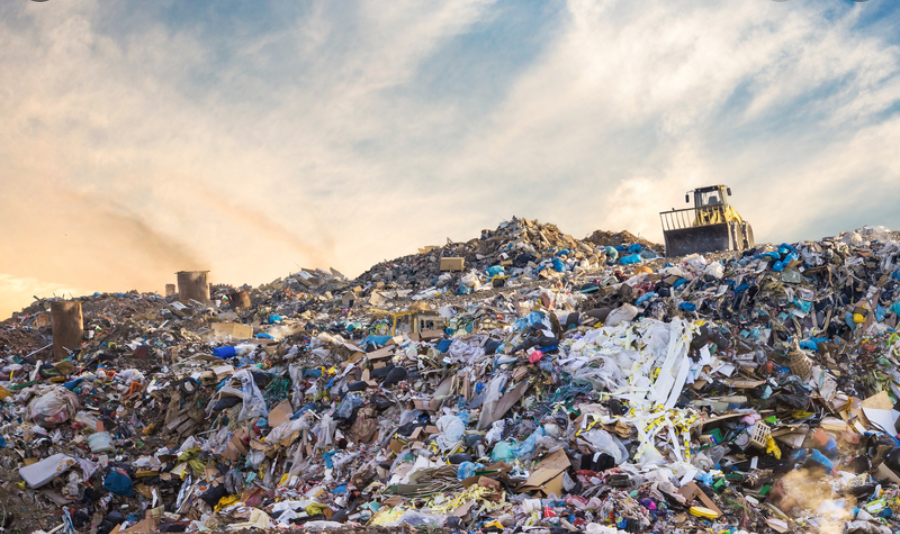For nearly 13 years, the Keystone XL pipeline project has been a point of political contention between environmentalists, politicians, and the fossil fuel industry. On Wednesday, June 9, however, the company released a statement saying that it “will continue to coordinate with regulators, stakeholders and Indigenous groups to meet its environmental and regulatory commitments and ensure a safe termination of and exit from the project”.
The project aimed to build a 1,179-mile pipeline from Canada to the Gulf Coast that would carry some 800,000 barrels per day of petroleum. Despite the Trump administration’s approval for the pipeline, President Biden used his Inauguration Day to rescind the construction permit for the pipeline. Following President Biden’s stall, TC Energy announced they would be suspending their work on the line. This suspension was held until the company’s official termination of the project on Wednesday, June 9.
The Keystone XL pipeline was greatly opposed by environmentalists for many reasons, one of the greatest being its planned passing through the Ogallala Aquifer, a major groundwater source for the Plains states. Other reasons for opposition included an increase in greenhouse gas emissions during oil processing and destruction to ecosystems.

Despite enthusiastic support for the decision to cancel from environmentalists, others are worried its cancellation could have grave effects, including the loss of thousands of American jobs and little to no relief from the country’s spiking gas prices.
Overall, the cancellation of the Keystone XL pipeline project is a win for local environmentalists, indigenous groups, and ranchers, as well as groups globally. Though this particular pipeline story may be a success, it highlights the growing political divide surrounding environmental protection and the economy.



